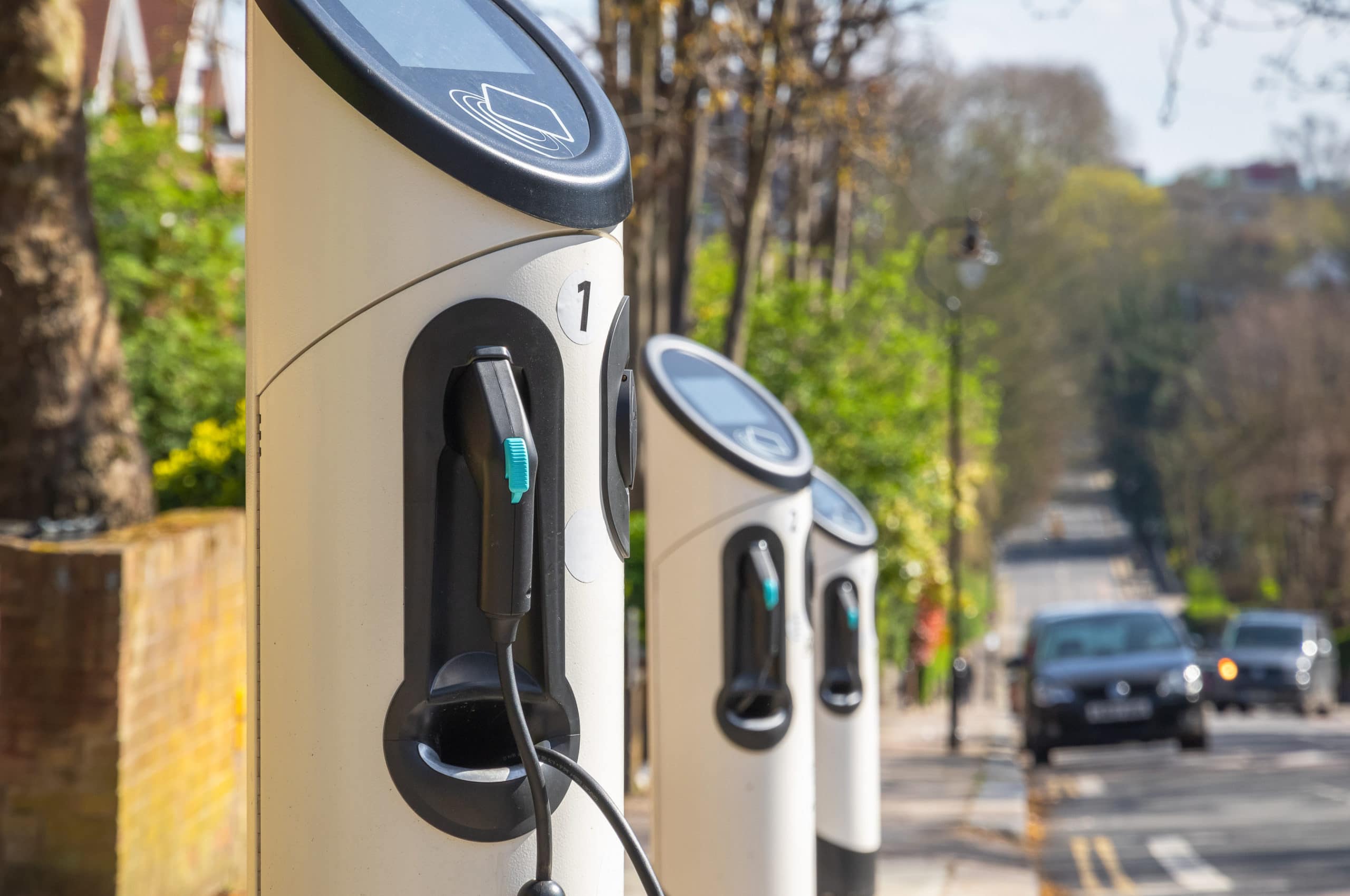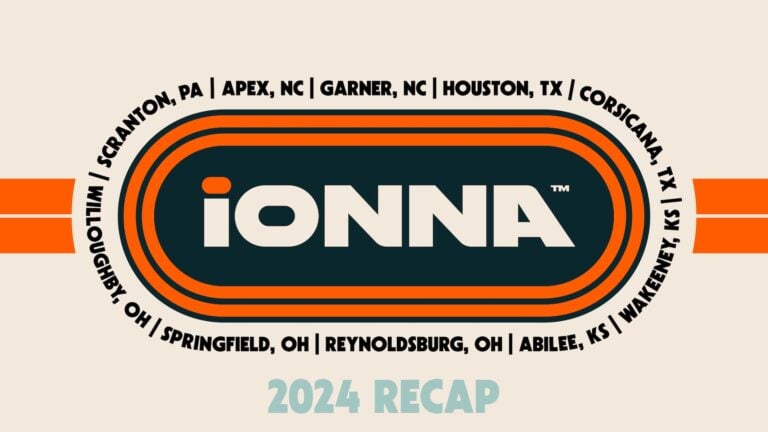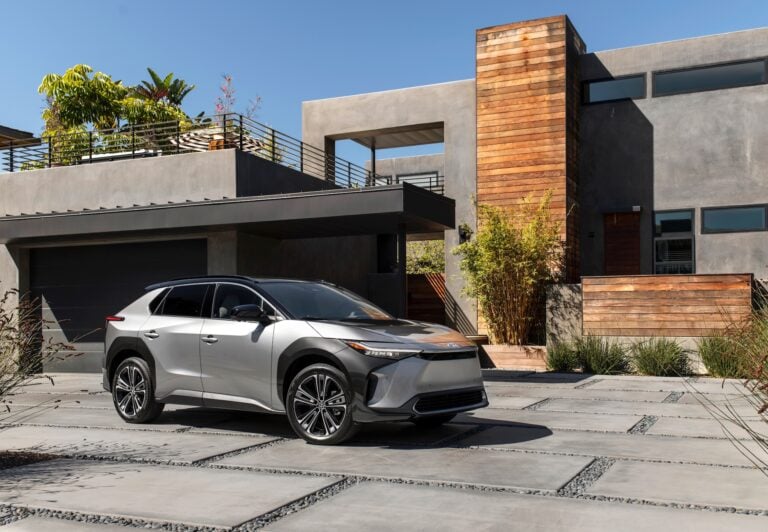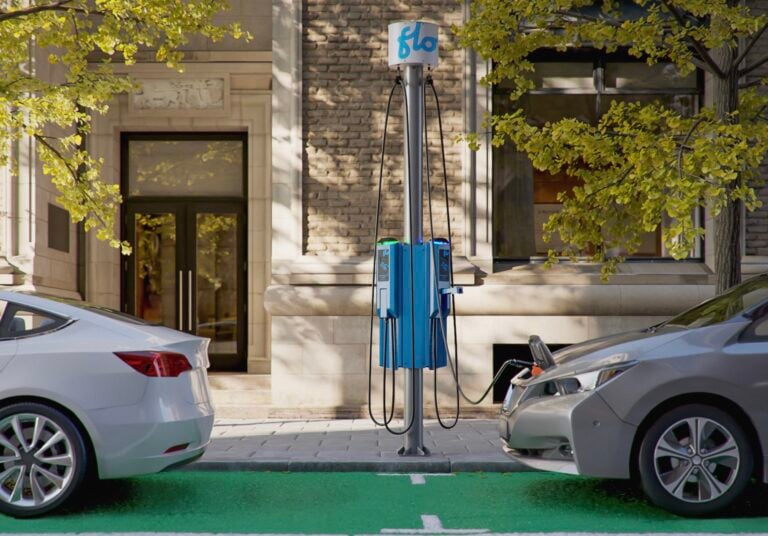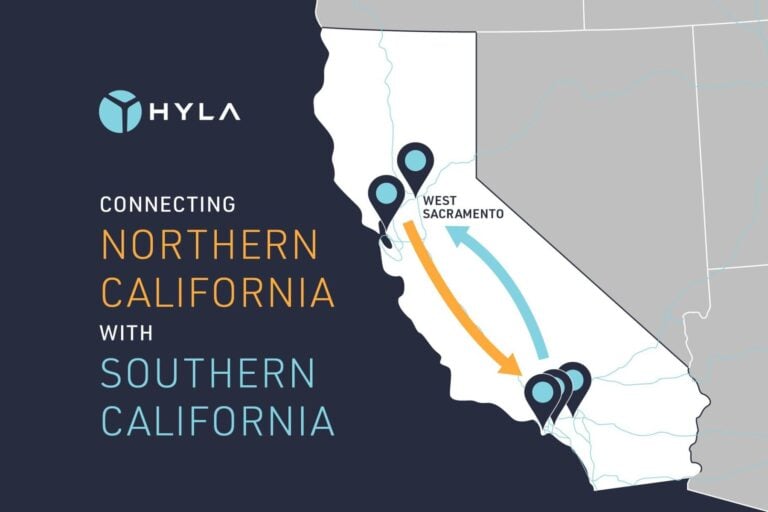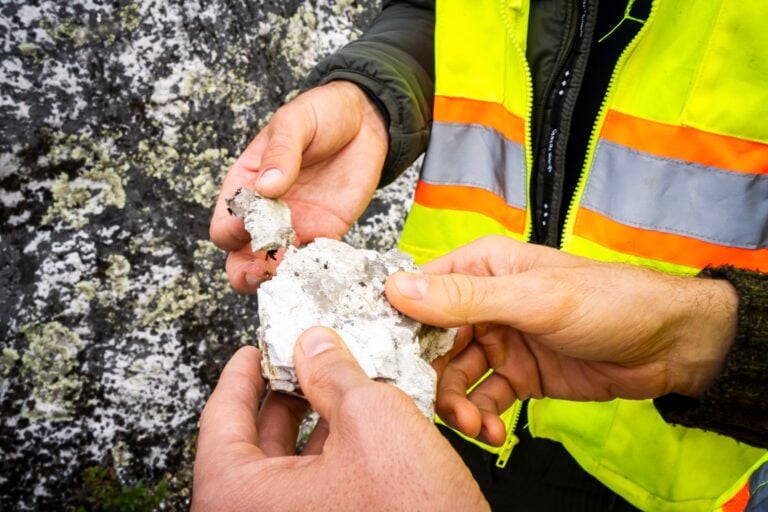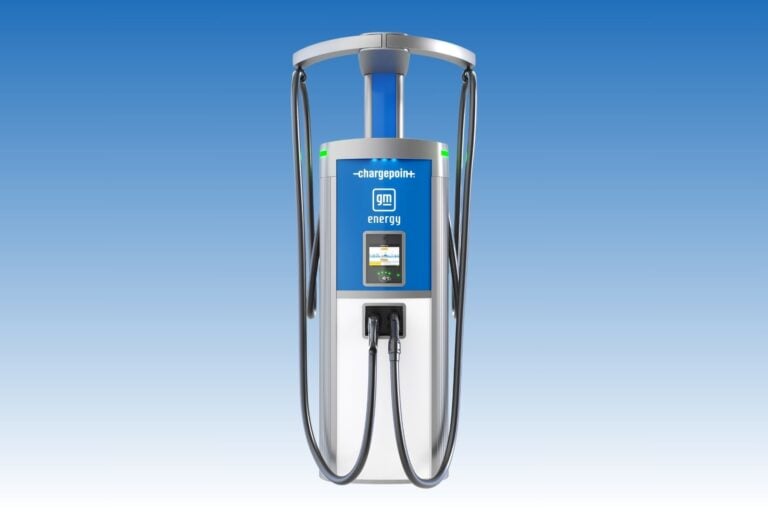DETROIT – City planners across the country are responding to the increase in demand for electric vehicles with the installation of electric vehicle (EV) charging stations. In addition to more municipal EV chargers now open to the public, auto dealerships and other environmentally friendly businesses are also helping the U.S. strengthen its green transportation infrastructure. As more EV charging stations come online, the cost and personal impact of purchasing an electric vehicle continue to decrease for U.S. consumers. But that’s not the only change. Real estate professionals also report that U.S. property values for homes with EV charging stations and those with public stations nearby are increasing.
“In my area of Grosse Pointe, Michigan we are seeing more and more electric vehicle chargers installed in homes,” said Michael R. De Fauw, Sine & Monaghan Realtors. “As more city residents purchase electric vehicles and more homeowners and homebuyers see EV chargers as an essential addition to their own home, we’re seeing property values increase as a result. EV charging stations truly add value to homes here in Michigan.”
In addition to EV chargers installed in residential homes, closer proximity to an electric vehicle charging station is becoming important ask for homeowners and EV drivers across the U.S. Realtor.com report that home listings in electric vehicle-friendly housing markets sell at a premium rate. Cities looking to increase property values for residents are identifying municipal EV charging stations as a key benefit that new and existing homeowners are looking for across the U.S. In Grosse Pointe, the woman-owned Detroit-based business Current Dealers is working with city officials to widen the cities’ EV charging grid, adding new charging stations throughout the U.S.
You might also like: CHARGEPOINT AND POLESTAR TEAM UP
“In addition to helping auto dealers respond to an increase in consumer demand for electric vehicles, we’ve also been helping cities from Michigan to Maryland prepare for an all-electric future,” said William McCoy, founder, and CEO, Current Dealers. “To accelerate the adoption of green transit options in the U.S., like electric vehicles, we must build up the infrastructure drivers need to feel confident in purchasing a personal electric vehicle. Right now, cities, businesses, and homeowners are all playing an important role in that infrastructure build, and we couldn’t be prouder to help.”
McCoy just drove the company’s newest EV fleet vehicle, a 2022 Chevrolet Volt EUV, from Michigan to Washington, D.C. to better understand how EV range, charging locations, and vehicle charging times affect consumers. Current Dealer is helping cities, auto retailers, and other businesses select and install the EV charger that best meets their needs. The startup has secured funding through grants and investors install EV chargers throughout North America. The availability of public charging stations in the U.S. has more than doubled since 2018, according to the U.S. Department of Energy. Data from the Department of Energy, shows there are nearly 43,000 charging stations in the U.S.
Most of the U.S. cities with the highest number of stations are located in California. The state also leads the U.S. in the number of electric vehicles sold. In Michigan, the Michigan Department of Environment, Great Lakes, and Energy provided $1.7M in grant funding to help increase the number of direct current fast chargers available along well-traveled routes. The goal of the EGLE Charge Up Michigan Program was to fund 36 new fast-charging stations, with both public and private organizations applying for grant funding of up to $70,000 per charger. Other states adding large numbers of EV charging stations include Florida, Georgia, Hawaii, Nevada, New York, Ohio, South Carolina and Texas.

